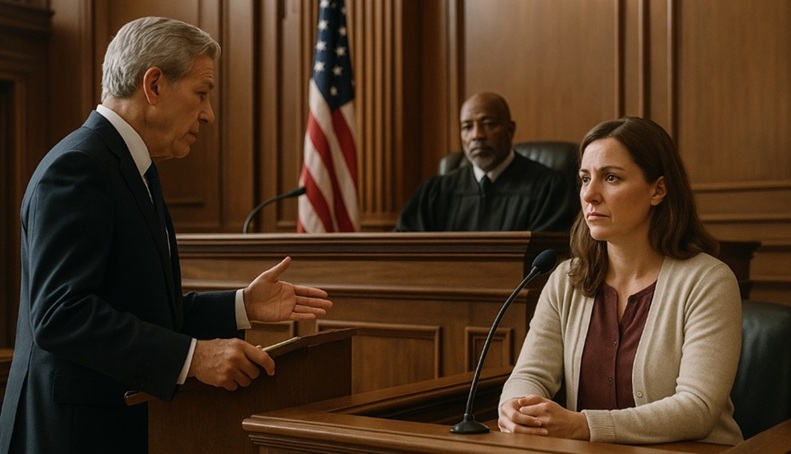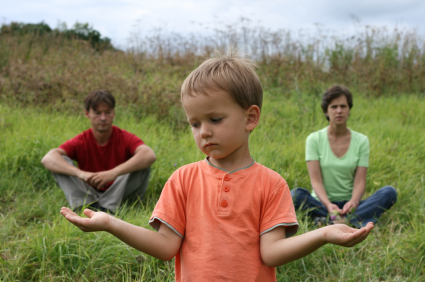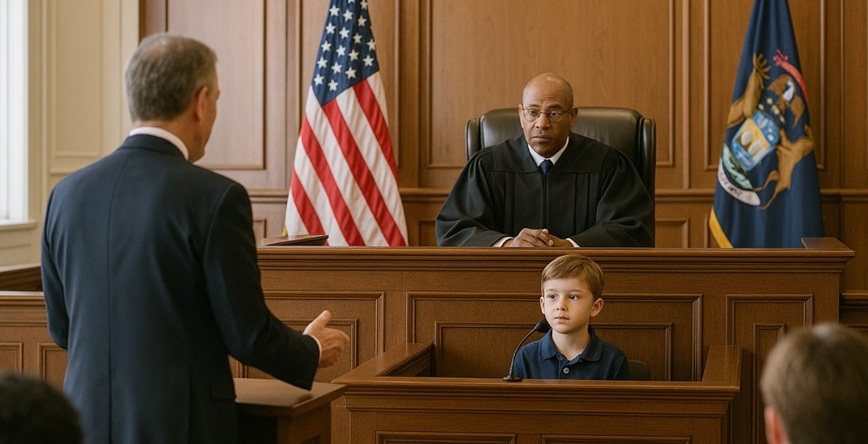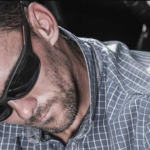Is there a right to confront an accuser who is a child?
US Supreme Court Heard a Case About the Admissibility of a Child’s Statement as Evidence in a Criminal Charge

What happens if the only witness is a child?
In representing clients charged with the physical or sexual abuse of children, a frequent issue is whether the child’s statements to police, parents, teachers, therapists, or other individuals can come into evidence to prove the prosecutor’s case. Of course, prosecutors always seek to have this evidence admitted. A fearless, experienced criminal defense attorney will fight to keep this evidence out of court because it lacks credibility and is highly susceptible to misinterpretation and dishonesty. Ultimately, a judge will determine the admissibility of a child’s statement.
The U.S. Supreme Court Weighs in on the Admissibility of a Child’s Out-of-Court Statement into Evidence
The United States Supreme Court agreed to hear the case of Ohio v Clark. This case involved whether a person’s obligation to report suspected child abuse makes that person an agent of law enforcement for purposes of the Confrontation Clause and whether a child’s out of court statements to a teacher in response to the teacher’s concerns about potential child abuse qualify as “testimonial” statements subject to the Confrontation Clause.
The Court ruled that a child’s out-of-court statements made to teachers, identifying their abuser, can be admitted in criminal trials even if the child does not testify. The Court based its decision on the understanding that the statements were not made with the primary purpose of creating evidence for prosecution but rather to address an ongoing emergency regarding the child’s welfare.

Confrontation Clause and the Admissibility of a Child’s Out-of-Court Statement
The Confrontation Clause of the Sixth Amendment of the United States Constitution provides that “in all criminal prosecutions, the accused shall enjoy the right…to be confronted with the witnesses against him.” Generally, the right is to have a face-to-face confrontation with witnesses who are offering testimonial evidence against the accused in the form of cross-examination during a trial. The Fourteenth Amendment makes the right to confrontation applicable to the states and not just the federal government. The right only applies to criminal prosecutions, not civil cases or other proceedings. In Ohio v Clark, the Court analyzed the admissibility of a child’s statement as evidence using a Confrontation Clause analysis.
The Confrontation Clause’s historical significance has its roots in English common law, which protects the right of cross-examination, and Roman law, which guarantees persons accused of a crime the right to look their accusers in the eye. The Confrontation Clause is applicable and must be considered relative to the admissibility of a child’s out-of-court statement.
Ohio v Clark has substantial constitutional significance. This decision will drastically change how people are prosecuted in the United States and expand the list of people that prosecutors are obligated to produce as witnesses in a criminal case.
Out-of-Court Statements by an Alleged Child Victim
In most criminal cases, statements made outside of court are considered hearsay and are generally inadmissible unless they fall under a recognized exception. The hearsay rule includes statements made by a child who is not testifying at trial. The rules are strict because the accused has a constitutional right to confront their accuser in court.
However, Michigan and federal law recognize certain exceptions that may allow the admission of a child’s out-of-court statement. One of the most common is the “excited utterance” exception. If the child made the statement while still under the stress or excitement of a startling event, such as right after an alleged assault, it may be admissible because it is presumed to be spontaneous and trustworthy.
Another key exception is for statements made for purposes of medical diagnosis or treatment. A child’s description of what happened to a doctor, nurse, or therapist while seeking care is admissible even if the child does not testify. These exceptions are narrow, and the court must determine whether the statement meets all required criteria before allowing it.
Understanding these exceptions can be the difference in the admissibility of a child’s out-of-court statement.

Michigan Criminal Defense Lawyers – Using the Constitution to Defend Your Rights
If you have federal or state criminal charges, it is imperative that you have expert legal representation to provide you with the protection you need. The prosecution has unlimited resources, and to face that “legal machine” without a recognized expert criminal defense attorney is simply foolish. You would be walking into a lion’s den without a weapon. When the prosecution attempts to rely on questionable evidence, such as a child’s out-of-court statement, a skilled attorney can challenge the admissibility of the evidence. The attorneys at LEWIS & DICKSTEIN, P.L.L.C. are criminal defense specialists. They have decades of experience, are respected and recognized as expert criminal defense lawyers, and will fearlessly fight for your rights.
Call us today at (248) 263-6800 for a free consultation or complete an online Request for Assistance Form. We will contact you promptly and find a way to help you.













